Presence of clear intention of parties and meeting of their minds, a pre-requisite to refer dispute(s)to arbitration: Calcutta High Court
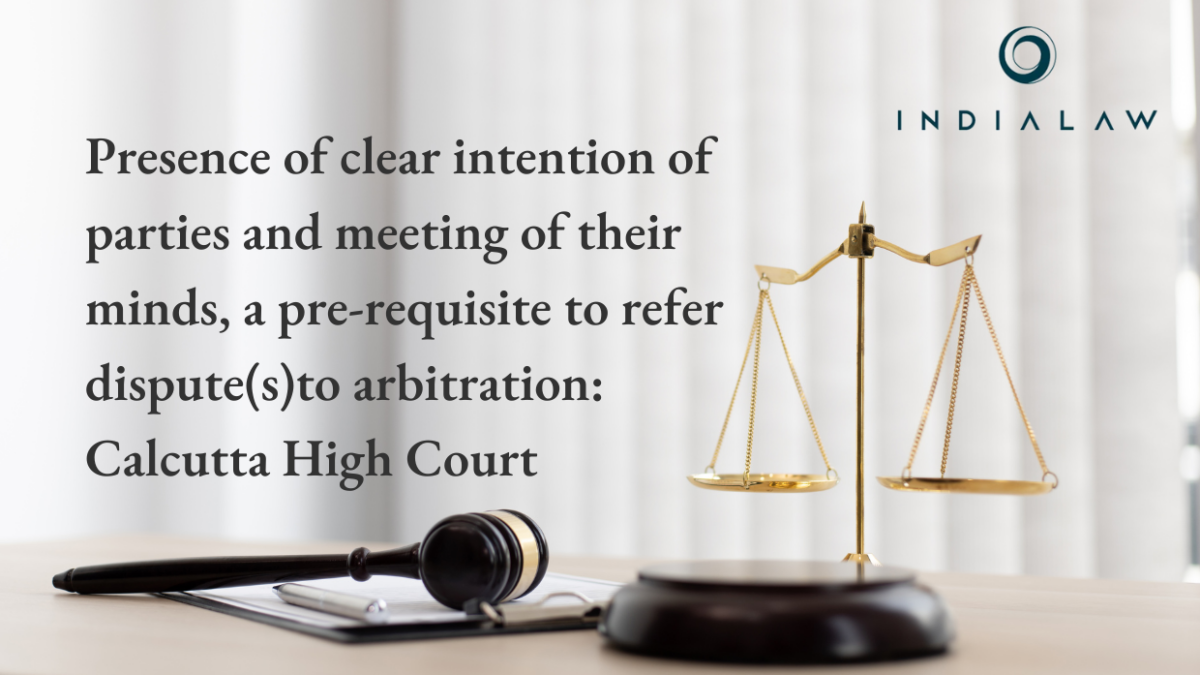
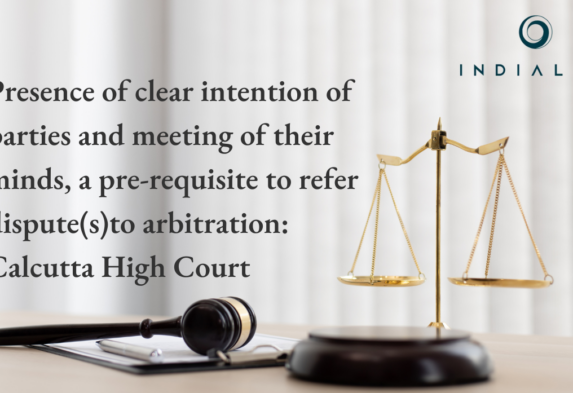
Introduction
In what could be touted as a significant ruling, the Calcutta High Court (“the HC”)in Blue Star Limited versus Rahul Saraf[1], echoed that there must be a definite and explicit intention of the parties univocally agreeing to refer disputes to arbitration in case dispute(s) arises between the parties. The HC in the instant case expounded the inevitability of a specific and direct expression of intent in an arbitration clause or arbitration agreement to refer resolution of disputes for arbitration.
Brief Facts
The dispute arose from a Memorandum of Understanding entered into between Blue Star Limited(“the Petitioner”) and Mr. Rahul Bajaj (“the Respondent”)for the purpose of providing operation and maintenance services for a period of 2 (two) years.
The Petitioner rendered services as required under the MoU and subsequently raised invoices. The Respondent paid certain amounts; however, the dispute pertains to residuary unpaid invoices.
The Petitioner, vide the letters called upon the Respondent to fulfill payment obligations raised under unpaid invoices. As the Respondent failed to meet the said demand, the Petitioner invoked the arbitration clause and nominated an arbitrator. In response to the said notice, the Respondent disputed the existence of the arbitration clause and refused to accept the name of the proposed arbitrator given in nomination by the Petitioner. Resultant, the Petitioner filed the application in the HC under section 11 of the Arbitration and Conciliation Act, 1996 seeking the appointment of an arbitrator.
Submission
While relying on the dispute resolution clause 7 and clause 13 of the MoU, the learned counsel for the Petitioner contended that the arbitration clause crystallised in the MoU demonstrates the unambiguous intent of the parties to refer disputes to arbitration.
At the outset, the learned counsel for the Respondent submitted that the dispute resolution clause does not indicate an accord/meeting of minds of the parties to constitute a valid reference of the dispute to arbitration. This prima facie fails to satisfy the conditions of a valid arbitration agreement as envisaged and mandated under S. 2(b) and S.7 of the Act. Further, the learned counsel for the Respondent added that the usage of words ‘arbitration’ or ‘arbitrator’ in a heading or clause would not constitute an arbitration agreement.
An arbitration clause or an agreement can be construed to be valid when there is an obligation on the part of the parties to refer disputes to arbitration as against the mere likelihood to refer disputes to arbitration in future. It is vital for the construction of valid arbitration agreement that the terms clearly project an intention to mandatorily refer their disputes to arbitration and to be bound by the decision of such tribunal can be prima facie comprehended. In this scenario, upon bare perusal of the dispute resolution clauses, it does not mandate the reference of disputes by the parties to be resolved through arbitration.
To corroborate the aforesaid submissions, reliance was placed by the learned counsel on plethora of judgments passed by the Hon’ble Supreme Court and Hon’ble High Court of Bombay.
Ruling
Before arriving at the conclusion, the HC analysed the issue with aid of landmark judgments passed in NTPC Limited v. SPML Infra Limited[2], Jagdish Chander v. Ramesh Chander and Others[3] and Niwas Enterprise v. Rabindra Pandorang Ratnaparkhi & Anr.[4]These judgments succinctly held and stressed the existence of readiness and willingness on the part of the parties to refer disputes to a tribunal for adjudication and to be bound by the decision of the arbitrator.
Producing the dispute resolution clauses of the said MoU, the HC postulated that the said clause 7 provided for the subsistence of service during the continuance of any litigation/arbitration proceedings. Further, clause 13 by way of a negative covenant divests an arbitrator from awarding interest. By both the clauses, what is ascertained is a possibility and no express obligation to refer disputes between the parties to the arbitration. The said clauses simply indicate a desire to explore or hope to settle disputes through arbitration if and when a dispute arises. Due to a lack of precision in such clauses, parties are required to enter into a further agreement to refer disputes to arbitration, as and when the disputes arise.
The HC, upon examination of the facts and issue of this case, held that there exists no arbitration agreement between the parties and therefore, this petition along with two others wherein the facts of the matter were similar, were dismissed.
[1]A.P. No. 852 of 2022
[2] 2023 SCC OnLine SC 389
[3] (2007) 5 SCC 719
[4]2022 SCC OnLine Bom 6472

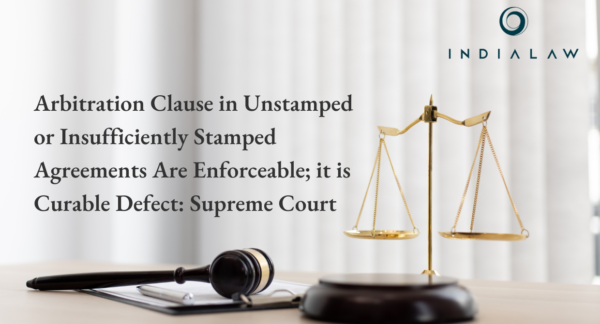
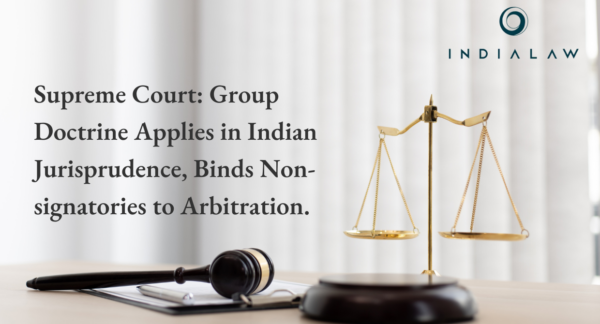
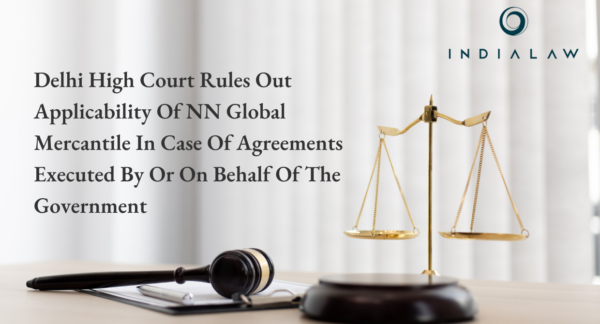

[…] a significant ruling, the Calcutta High Court (“the HC”)in Blue Star Limited versus Rahul Saraf[1], echoed that there must be a definite and explicit intention of the parties univocally agreeing to […]